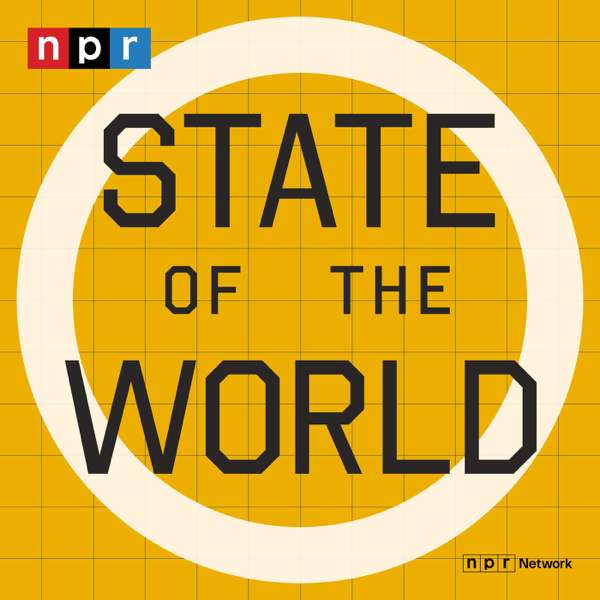On the weekends, when Roy Gamboa was a little boy, his grandfather would wake him before dawn. He would pour some coffee into a bowl of rice, and that would be the boy’s breakfast. Roy knew better than to question anything; he sat quietly in his grandfather’s truck as they rumbled down the big hill from their village, Hågat, to Big Navy, as the U.S. Naval Base in Guam is known. They passed through the military gates, along a dirt road and onto the shore of a little cove, next to one of America’s deepest harbors, where skipjacks flipped out of the aquamarine water. The boy noodled with seashells as his grandfather cast. When his grandfather caught a fish, he would unhook it and throw it on the ground, and Roy would snatch it up and quickly stuff it, still wriggling, in the bag. If the fish weren’t biting at one spot, they packed up and moved to another. No one from the Navy ever stopped the old man and the young boy.
Some mornings, his grandfather would take Roy back across the dirt road into the jungle to pick papayas, lemons and coconuts. He would thrash a course into the thicket to collect firewood from the slender trees — tangen tangen in CHamoru, the language of the Indigenous inhabitants of Guam, which Roy’s grandmothers and grandfathers were. They would cut the logs into quarters to dry, and stack them higher than Roy could even reach. Other mornings, the man and the boy went to the same spot to cut the grass, all the way from the cove’s blue waters to the ruins of an old cemetery. “Why are we the only ones cutting the grass here?” Roy would ask.
“Boy, this was our land before the war,” his grandfather would reply, pointing to 40 acres running from the cemetery to the water to the jungle, over the road and back almost as far as their eyes could see. “We’re taking care of it because we hope, one day, in the future, our land will be returned to us.”
Since then, Guam has become a strategic node in America’s designs in the Pacific. It is commonly referred to as “the tip of the spear” — a place from which the United States can project military might across Asia, an essential conduit to the first island chain of Japan, the Philippines and Taiwan and then on to China. As geopolitical tensions rise, Guam’s importance to American military planners only increases, and so does the risk to those who live there. In every iteration of war games between the United States and China run by the Center for Strategic and International Studies, Beijing’s first strike on U.S. soil has been to bomb Guam.
This story was recorded by Audm. To hear more audio stories from publications like The New York Times, download Audm for iPhone or Android.

 Our TOPPODCAST Picks
Our TOPPODCAST Picks  Stay Connected
Stay Connected







